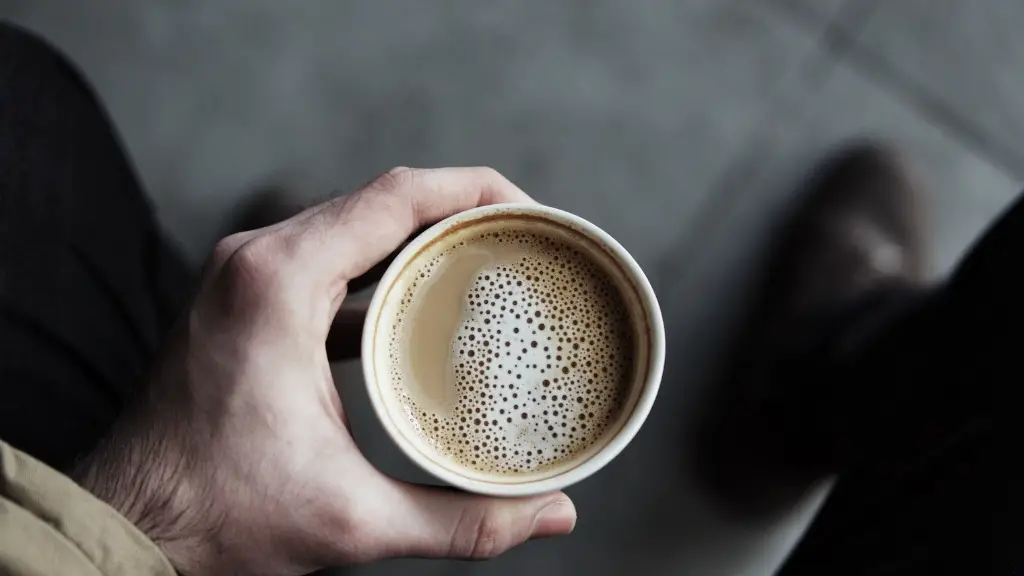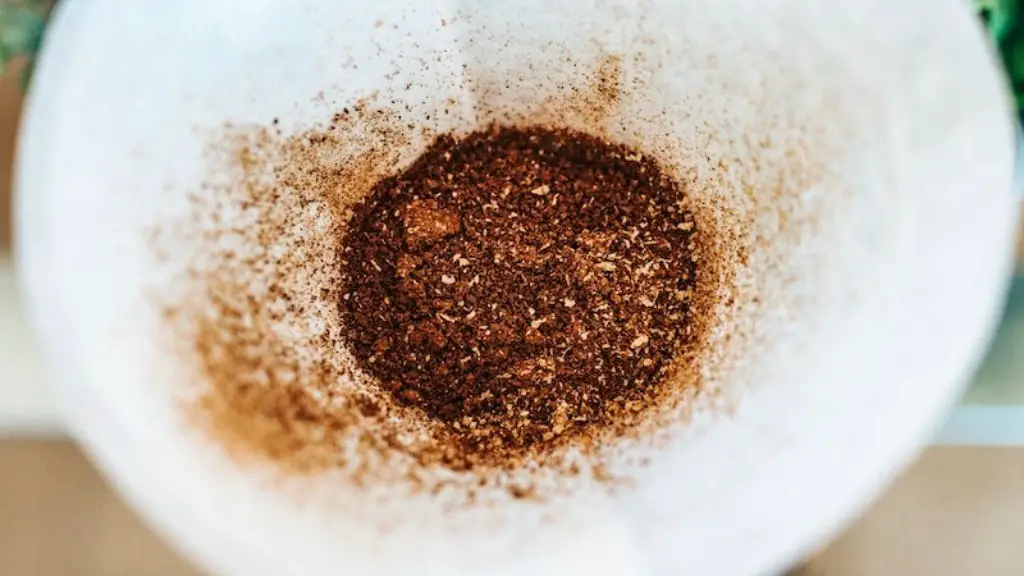It’s no surprise that coffee is one of the world’s most popular drinks. But what if you don’t drink coffee? You may find you get headaches more often, or worse, a migraine. So why does this happen and can it be prevented?
Unsurprisingly, research has shown that caffeine can be a preventative against headaches, especially migraine headaches. A study of 240 volunteers found that consuming caffeine along with pain relievers such as ibuprofen, was significantly more effective at reducing migraine pain than using only pain relievers.
Scientists say that caffeine helps combat headaches and migraine by constricting the blood vessels in the brain, thus reducing any swelling or inflammation. This constriction may also reduce the intensity of headaches or prevent them from developing in the first place.
Dr. Tina Kandola, a neurologist at Vancouver National Hospital, believes that a lack of caffeine can actually cause headaches in some people. She explains, “Caffeine withdrawal can be a trigger for headaches, especially in people who are used to consuming caffeine on a daily basis. Caffeine has a powerful effect on the brain, and a sudden decrease in caffeine intake can lead to headaches or migraines in some people.”.
To understand why your body would react this way, it’s important to look more closely at caffeine. Caffeine is technically a psychoactive drug, meaning it affects the functioning of the brain. When you consume the drug regularly, your body becomes accustomed to it and begins to rely on its effects. As a result, when the caffeine levels in your body suddenly drop, it can lead to symptoms such as headaches.
It’s also important to note that caffeine is a stimulant and can mask underlying causes of headaches. Many people use it to keep going throughout the day and overlook other potential triggers such as stress, sleep deprivation or dehydration. If you don’t drink coffee, it’s important to be aware of these potential causes of headaches and deal with them accordingly.
Sufficient Hydration
One of the key things to consider when dealing with headaches is to make sure you’re getting enough fluids. Dehydration can cause headaches, so it’s important to drink plenty of water to keep your body hydrated. The NHS recommends that adults should drink between six and eight glasses of fluid a day, more if you’re exercising.
Dehydration can also lead to other health problems such as fatigue, muscle cramps and dizziness, so it’s important to stay on top of your fluid intake. Drinking herbal teas can also help with hydration and avoid the potential effects of caffeine withdrawal.
Drinking plenty of water also helps the body to maintain its electrolyte balance. Electrolytes are key compounds such as sodium, potassium, and magnesium that assist in body regulation and healing, so it’s important to make sure they’re at the right level.
Stress Relief
Stress is another potential trigger of headaches, and it’s thought that chronic stress can contribute to the development of chronic headaches. To address this, it’s important to take some time for stress relief. This can mean yoga, exercise, or simply taking some time to relax and unwind.
If you’re feeling a lot of stress, it may be worth speaking to a therapist or counsellor about it. They can help you to understand the underlying causes of your stress and work on ways of addressing it. Alternatively, you could try talking to a trusted friend or family member about your concerns.
It can also be helpful to think about the areas of your life which are most stressful, and to try and make some changes where possible. This could be something as simple as taking on fewer commitments or delegating tasks to other people.
Healthy Diet
Eating a healthy and balanced diet is another important factor in managing headaches. Eating a diet low in processed foods and refined sugars and high in fruits, vegetables, and sources of lean protein, can help to keep your body – and your brain – healthy and functioning well.
It’s also important to pay attention to food triggers. These are foods that may trigger migraine headaches for some people, and can vary from person to person. Some of the most common food triggers include aged cheeses, processed or cured meats, alcohol, chocolate, and foods with monosodium glutamate. It’s important to keep track of your food intake, as well as any headaches or migraine episodes you experience, to identify any potential triggers.
Light Therapy
When it comes to headache relief, light therapy may be beneficial. This can involve sitting in front of a light box, which is designed to emit adjustable levels of bright light. The idea is that this bright light can modify serotonin levels in the brain, which can help to relieve pain.
It’s important to speak to a medical professional before beginning a course of light therapy, as it can be dangerous if not administered correctly. It’s also important to consider any other potential triggers of headaches or migraines, and to take care of any underlying health conditions.
Conclusion
It’s clear that caffeine can have a powerful effect on headaches and migraine. While it can be helpful for some people, it’s important to be aware of the other potential causes of headaches, such as dehydration, stress, and food triggers. Taking steps to address these underlying issues, such as drinking plenty of fluids, eating a healthy diet and seeking stress relief, is key to preventing and managing headaches in the long term.




